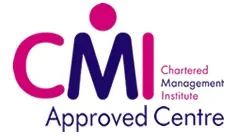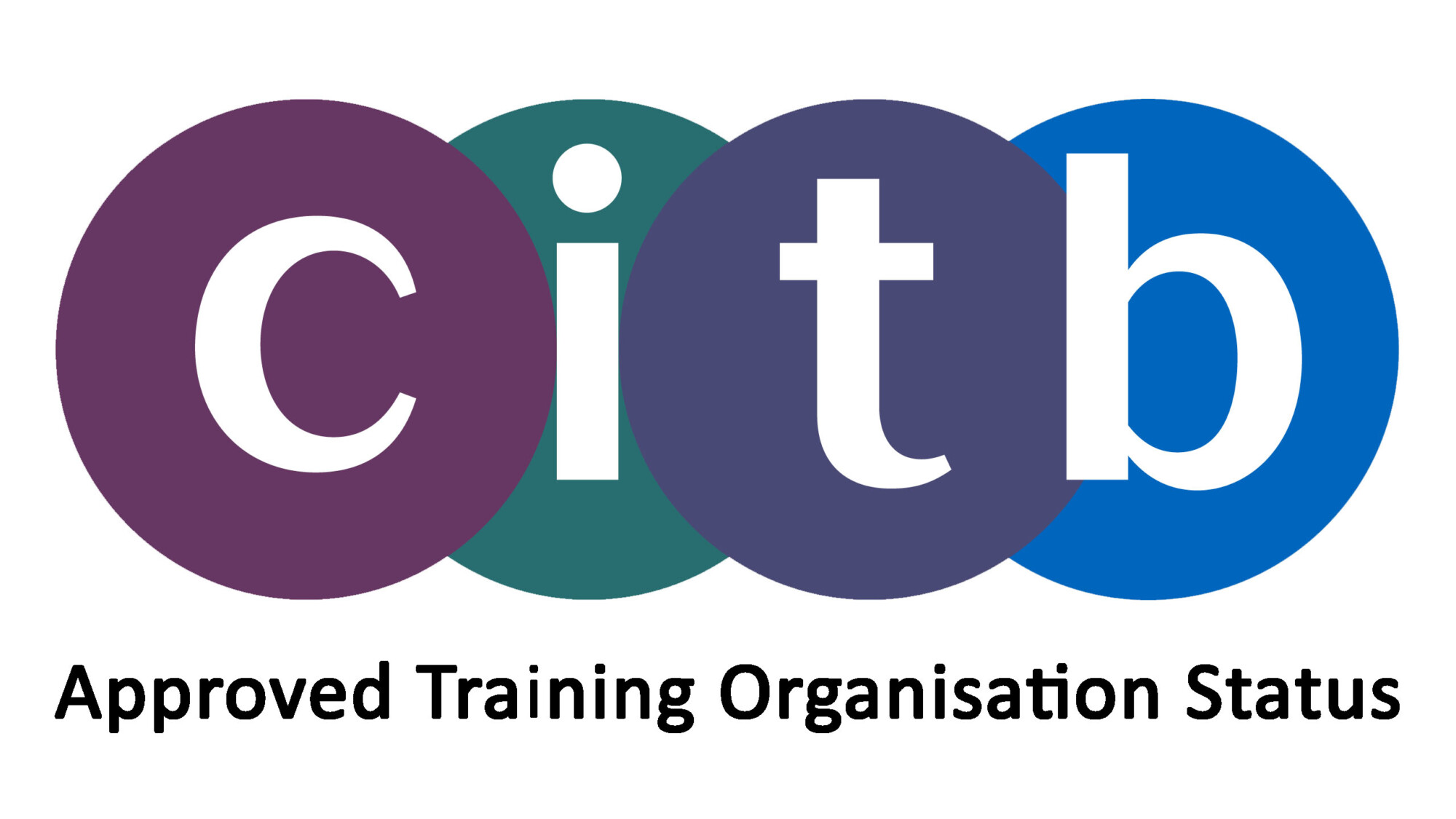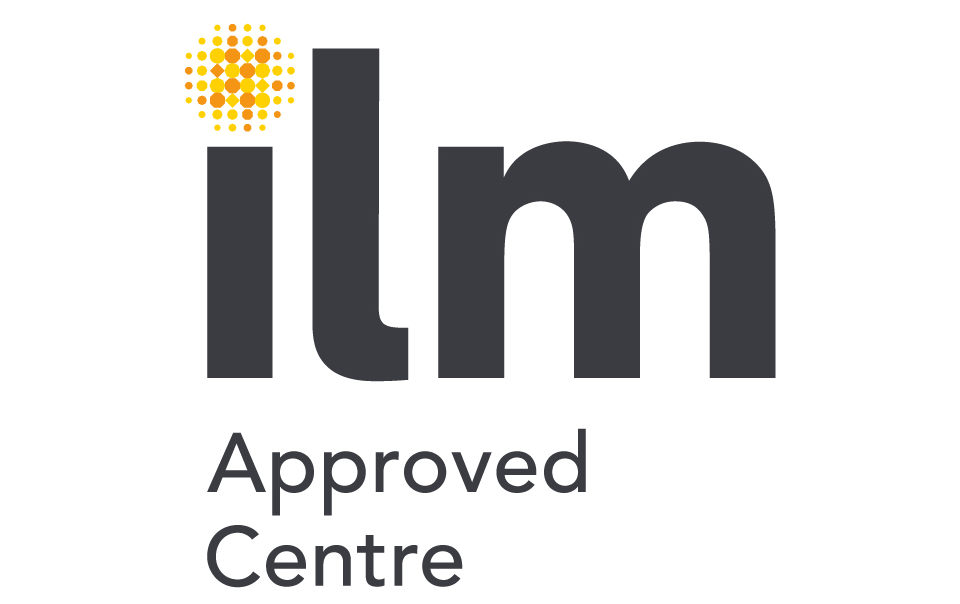Making the Business Case for Leadership Development
By Esther Patrick, Client Accounts Director

This is the time of year when many HR and L&D teams are sitting down with finance colleagues to review budgets and prepare plans for the year ahead. That usually means making the business case for leadership development.
In today’s climate, it isn’t easy. Budgets are tighter. Stakeholders are increasingly risk averse. Development often feels like one of the first areas to come under scrutiny. When every spend line is challenged, HR and L&D leaders are often asked to prove the Return on Investment (ROI).
Download – Keystone – Making the Business Case for Leadership Development
Why it’s hard to evidence Return on Investment (ROI)
Leadership development doesn’t sit in isolation. It interacts with culture, strategy, and other organisational changes. That makes it difficult to draw a straight line between one programme and one metric. It’s even trickier in multi-country or global contexts where outcomes vary across sites and regions.
What strong business cases have in common
From what we’ve seen working with hundreds of organisations, the most persuasive cases are:
- Aligned to strategy and culture – supporting long-term goals and reinforcing organisational values.
- Evidence-rich – using both data and stories to demonstrate difference.
- Tackling priority risks and opportunities – whether that’s retention, safety, innovation, or customer satisfaction.
- Practical and scalable – with a clear plan for implementation across teams or geographies.
- Realistic and considerate – showing that development can be delivered without disrupting business-critical operations. The best cases demonstrate awareness of everyday demands such as shift patterns, peaks and troughs, and access needs, and make it clear how learning fits around them.
Making the case is about showing how development work adds value to what matters most in your organisation.
Five practical ways to strengthen your case
- Link to business priorities. Start with the goals that matter to senior leaders – customer outcomes, safety, margin, or growth. Show how leadership capability underpins those. A good provider should act like an extension of your team, helping you spot and capture the most relevant metrics along the way.
- Highlight the cost of inaction. Sometimes the most compelling case is what happens if you don’t invest: higher turnover, safety incidents, or stalled innovation. One client, for example, connected improved manager capability to lower team attrition. Calculating the recruitment savings alone covered the programme cost.
- Balance data with stories. Even if you don’t have access to ROI data, qualitative evidence carries weight. A frontline leader describing how a programme changed their approach to conversations can be as powerful as a spreadsheet. A few well-chosen stories can give life to your numbers and make your case more persuasive. Signals from peers or sector benchmarks – or advice from the SB team, who are well-placed to spot trends – also add credibility.
- Build a bank of examples. Capture outcomes in real time. Quick video clips, survey snippets, or short case studies give you a library of evidence to draw on. A good training provider will help you curate these and translate them into language that resonates with boards, finance teams, and international stakeholders alike.
- Show how learning fits, not fights, with work. Budget holders are far more likely to say yes when they can see that development won’t add pressure to already stretched teams. Explain how your programme design accommodates operational realities – for example, flexible scheduling, bite-sized modules, or blended access – and, if there will be short-term disruption, how you’ll offset it with clear benefits to performance and engagement.
The bottom line
Leadership development is an investment in culture, strategy, and business resilience. The strongest cases use a blend of priorities, risks, data, and stories, positioning it as business-critical work rather than a discretionary activity.
Keystone Training Ltd works with organisations across sectors to design leadership, management, and organisational development programmes that align to your priorities and deliver impact. If you’d like to swap notes on what’s working for others, I’d be glad to connect.
Esther Patrick | Email | LinkedIn | Calendly
Keystone | 0330 133 8190 | LinkedIn

Download the PDF of this post to keep:
Keystone – Making the Business Case for Leadership Development
Esther Patrick is a Client Accounts Director at Keystone and a member of the Senior Leadership Team. An experienced consultant and management author, she has nearly 20 years’ experience leading client partnerships across sectors from construction to healthcare and designing leadership, culture, and team development programmes aligned with their strategic goals and values. Esther is passionate about creative, human-centred learning.




